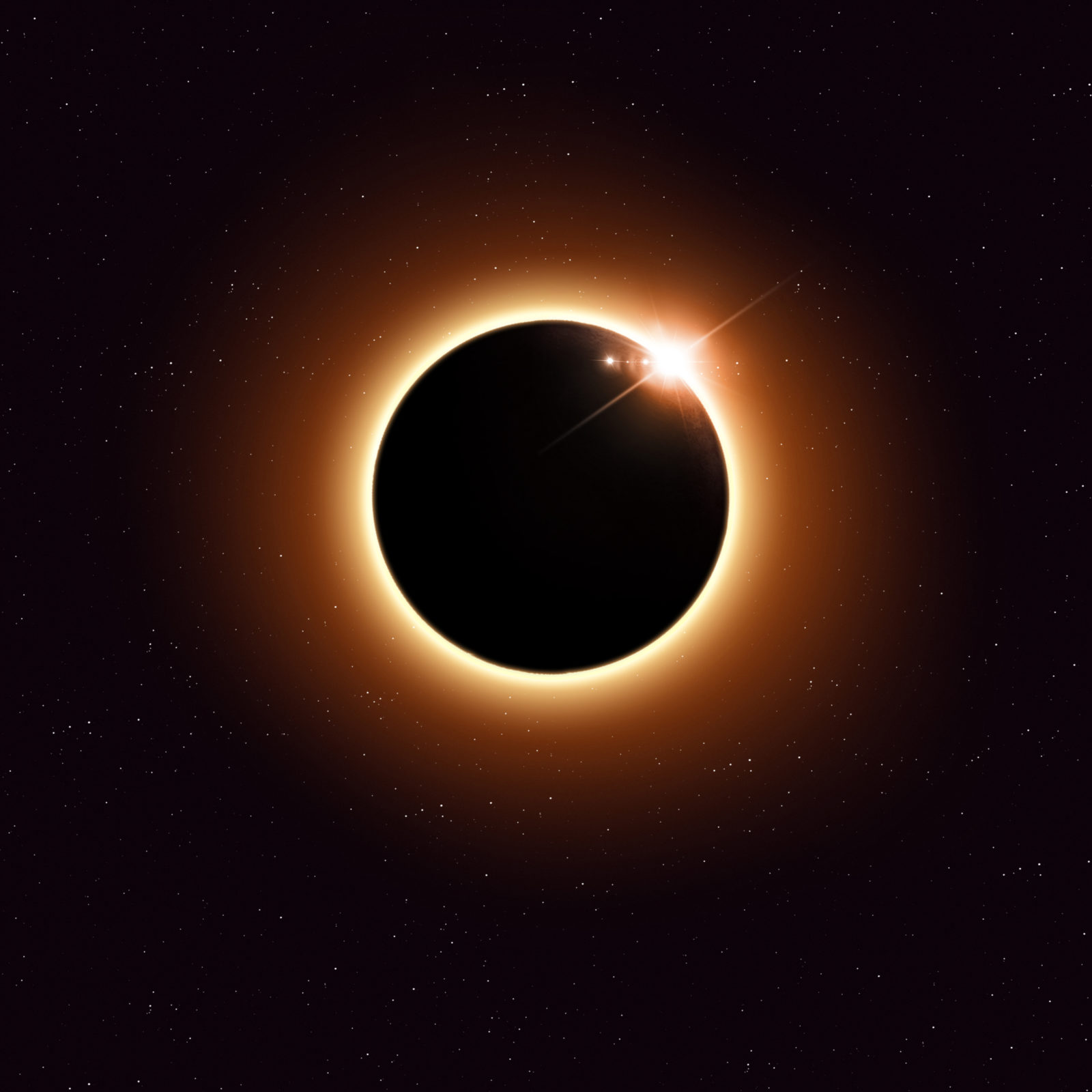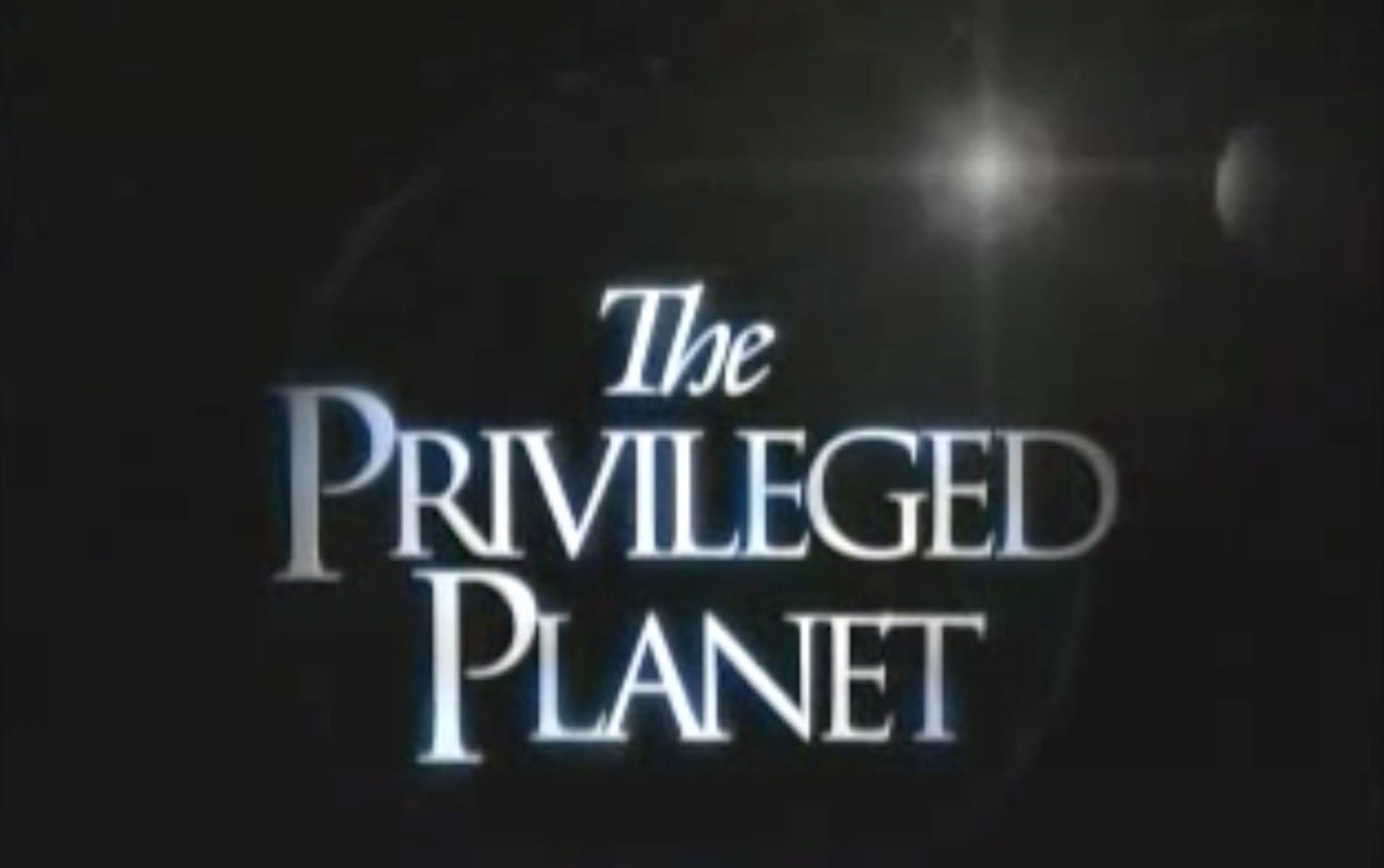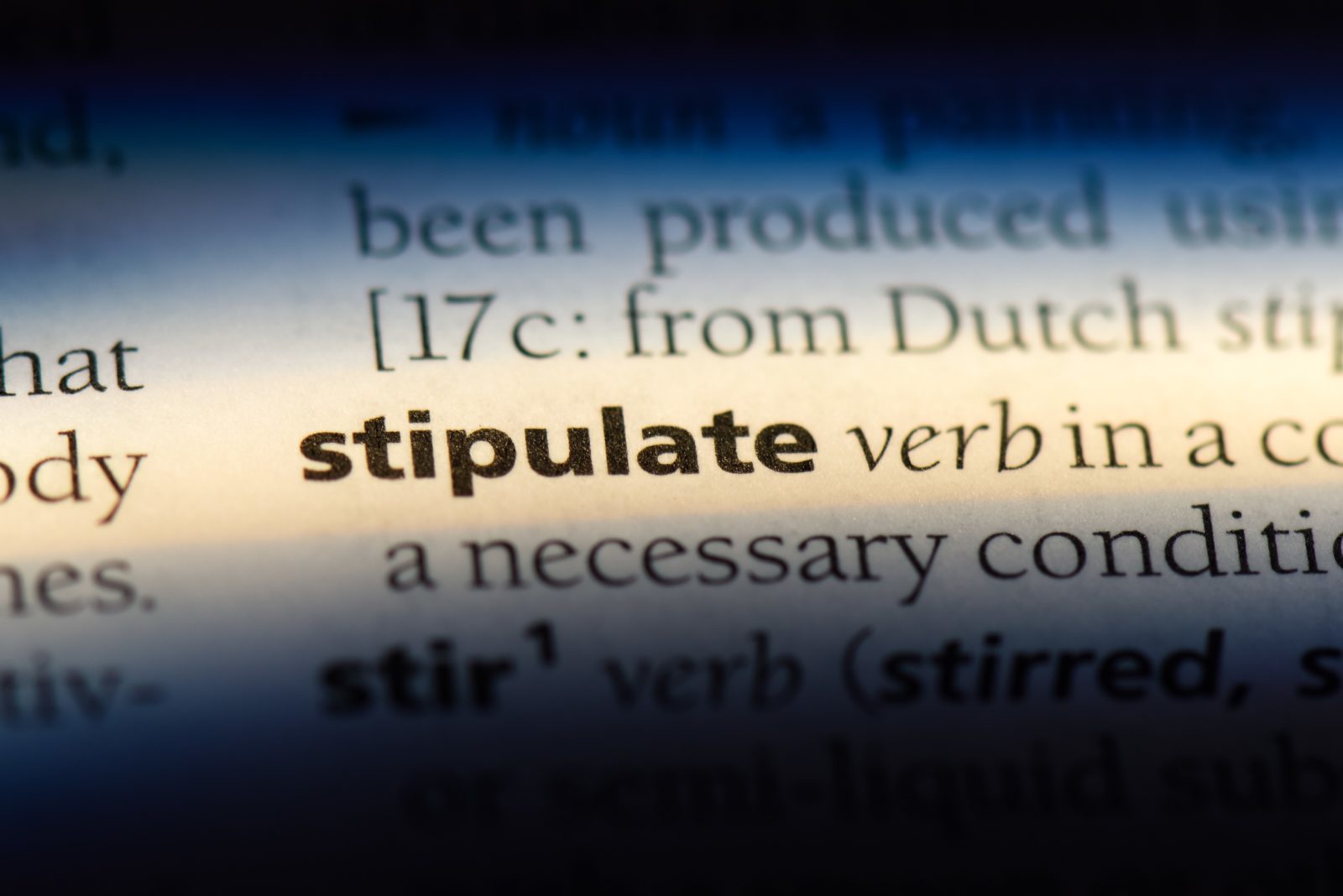


Guillermo Gonzalez on What’s Changed Since The Privileged Planet

Jay Richards on the Art of Answering Evolutionists

The Future of Work is Coming — Will U.S. Graduates Be Ready?
Trump wants to cut red tape? He should start with the CFPB.
Writing at The Hill, Senior Fellow Jay Richards argues that President Trump should move to abolish the Consumer Financial Protection Bureau. The CFPB, a government agency created in 2011, was sold to the public as a fix to the causes of the 2008 financial crisis–but, in practice, is characterized by overreaching regulation with an unprecedented lack of oversight or accountability. Read Jay Richards’ article at The Hill.

The Privileged Planet
A number of factors must be perfectly met for the possibility of complex life on earth. These include: proper distance from the sun, liquid water, that it be a terrestrial planet, having tectonic plates, protected by large planets, orbiting the correct type of star, has a large moon, a magnetic field, and is oxygen rich. Listen is as we see Read More ›

Understanding Capitalism and Fading College Affordability
Just a generation after capitalism triumphed with the collapse of the Soviet socialist system, a recent Pew poll reports that 49 percent of Americans 18-29 years old have a positive view of socialism while only 46 percent have positive views of capitalism. The ambivalence toward capitalism is due in part to the influence of the information and entertainment class — Read More ›
Prof. John Lennox on His New Book Seven Days That Divide the World
On this episode of ID The Future, Jay Richards talks with Professor and author John Lennox about one of his latest books, Seven Days that Divide the World: The Beginning According to Genesis and Science. In his book, Lennox delves into controversial issues surrounding science and faith, answering common questions regarding apparent tensions between scripture and scientific evidence. Read More ›

Where My Conflict with Jay Richards Really Lies
Theistic Evolution and the Problem of Evil
In this clip, God and Evolution editor Jay Richards discusses the problem of evil and why Darwinian evolution does not resolve it, contrary to claims by some theistic evolutionists.